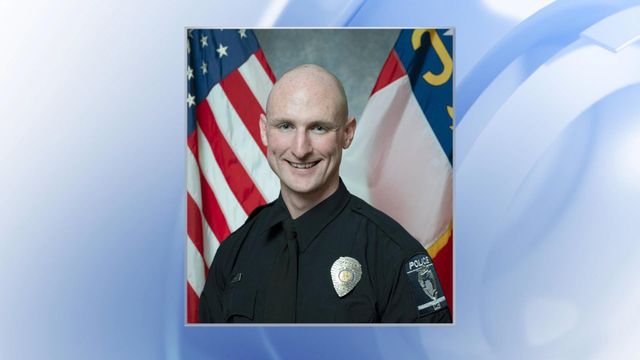'Carrot and stick' approach gives offenders a choice

The 12 criminals sauntered into High Point City Hall last week, taking their places in the front-row seats that had been reserved for them.
Most wore hoodies or T-shirts. They had one common denominator – all have been convicted of using a gun in a violent crime.
Some could face 30 or more years in prison if they get caught carrying so much as a bullet. That is why they are here, for what High Point officials dub the "Christmas call-in."
High Point has been using call-ins for 16 years – a carrot-and-stick approach aimed at reducing violent crime and drugs in the city.
Sitting behind the participants in this month's call-in were a smattering of friends and family members, Ripley Rand – the U.S. attorney for the Middle District of North Carolina – and nearly a full house of community advocates.
In front of them stood Jim Summey, head of High Point Community Against Violence, and directors of 11 other agencies that can provide assistance to help build lives that don't involve crime. Each director took a brief turn telling the call-in participants the same thing: We care about you and are willing to help, but you have to stop the violence.
"Really, what we are trying to do here is save lives," Summey told the group, which he later described as among the most violent he has seen in the 16 years High Point has been holding call-ins. "We don't want you to be the next homicide victim."
Summey estimated that about a third of the group will accept the offer of assistance.
The carrot was followed by the stick, in the form of representatives of the law – High Point and Greensboro police, state and federal prosecutors, an official with the U.S. Marshal's Service and others.
They all had the same message: Commit another violent crime and we will hunt you down, prosecute you and give you the harshest punishment we can deliver.
Assistant U.S. Attorney Rob Lang went last.
"I have been putting so many people in prison so long, I'm sick of it," Lang told the group, his voice forceful and strong. "I'm sick of putting 22-year-old young men in prison for 30 years. All that potential wasted; $39,000 a year in the fed (prison), $28,000 a year in the state, children with no father, nobody to show them the way.
"I'm sick of it and our society is sick of it. You're the only ones that can do anything about it."
Statistics suggest that not everyone in this group will heed the message. About 10 percent of call-in participants have returned to prison since High Point started using the program in 1997, Police Chief Marty Sumner said. In that time, 14 participants have died violently.
At the end of the call-in, the participants were handed a notification letter spelling out their criminal past and exactly what will happen to them if they commit another crime.
Tito Sabb was among them. Sabb, convicted of second-degree murder in 2003, got out of prison in May.
"A lot of people know the rewards" of crime, Sabb said. "They don't listen to the consequences."
This time, Sabb said, he plans to listen.
Staff writer Greg Barnes can be reached at barnesg@fayobserver.com or 910-486-3525.









